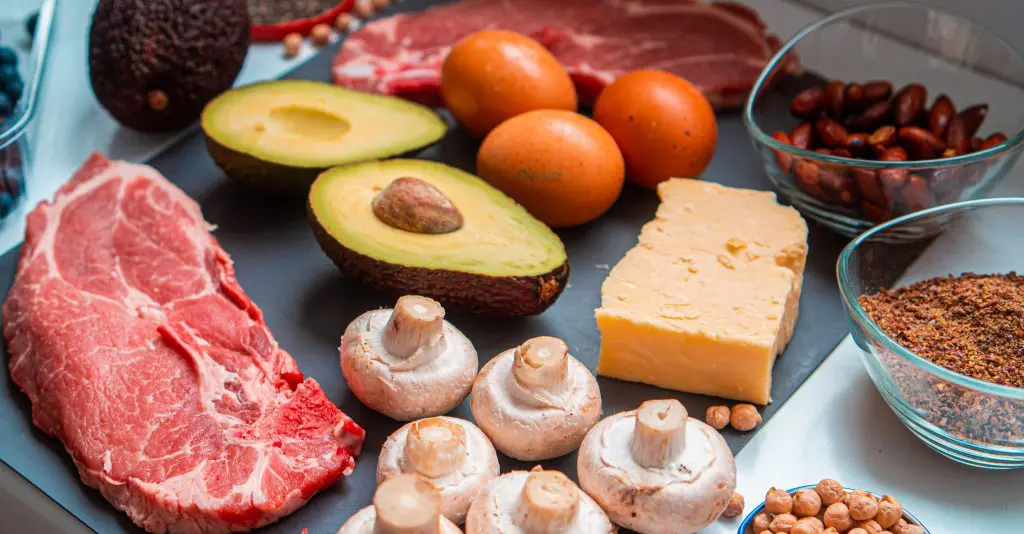Healthy fats for brain and heart health are essential for maintaining mental clarity, stable mood, and a strong cardiovascular system. These good fats, found in foods like avocados, nuts, seeds, and fatty fish, provide omega-3 fatty acids that protect neurons and support flexible arteries. Unlike trans fats or excessive saturated fats, healthy fats lower bad cholesterol, improve blood flow, and reduce inflammation. They also enhance nutrient absorption, helping the body use vitamins like A, D, E, and K effectively. By incorporating monounsaturated fats and polyunsaturated fats into your diet, you can nourish both your brain and your heart every day.

Understanding Healthy Fats
Healthy fats are a source of energy and essential nutrients. Monounsaturated fats, found in olive oil and almonds, help lower LDL cholesterol. Polyunsaturated fats, especially omega-3 and omega-6 fatty acids, support brain cell communication and heart rhythm stability. These fats differ from harmful trans fats, which raise heart disease risk. Choosing whole food sources of healthy fats ensures better absorption and more balanced nutrition. Understanding the difference between healthy and unhealthy fats helps you make daily choices that protect both cognitive function and cardiovascular health.
How Healthy Fats Benefit the Brain
The brain is nearly 60% fat, making omega-3 fatty acids crucial for optimal function. They improve memory, focus, and learning ability while reducing the risk of age-related cognitive decline. DHA, a type of omega-3, strengthens neuron membranes and enhances neurotransmitter activity. Healthy fats also regulate mood by supporting serotonin function. Foods like salmon, walnuts, and flaxseeds supply these essential fats, making them a vital part of a brain-boosting diet that keeps mental performance sharp and consistent.

How Healthy Fats Support Heart Health
Heart-healthy fats improve blood vessel flexibility and reduce plaque buildup in arteries. Omega-3s lower triglycerides and prevent dangerous blood clots. Monounsaturated fats help regulate blood pressure, while polyunsaturated fats reduce inflammation linked to cardiovascular disease. Regularly including foods like olive oil, chia seeds, and sardines supports circulation and keeps the heart strong. Replacing butter and processed oils with these healthy fats lowers heart disease risk and improves long-term cardiovascular resilience.
Best Sources of Healthy Fats
Top sources of healthy fats include avocados, extra virgin olive oil, fatty fish, nuts, seeds, and coconut in moderation. Walnuts and flaxseeds are rich in plant-based omega-3s, while salmon and mackerel provide high-quality marine omega-3s. Almonds and hazelnuts offer monounsaturated fats for heart health. Using these foods in salads, smoothies, or main dishes makes it easy to meet daily fat needs without excess calories. Diverse sources ensure a balance of nutrients that support both brain function and heart vitality.
Daily Recommendations and Balance
Healthy fats should make up about 25–35% of daily calories. Focus on variety to get a mix of omega-3s, omega-6s, and monounsaturated fats. Pair healthy fats with whole grains, lean proteins, and fiber-rich vegetables for a complete meal. Avoid overconsumption, as even good fats are calorie-dense. Balance is key—too much omega-6 without enough omega-3 can promote inflammation. Moderation and mindful choices keep your diet heart-friendly and brain-supportive.
Practical Tips for Adding Healthy Fats
Drizzle olive oil over salads, blend chia seeds into smoothies, or snack on almonds for a quick energy boost. Swap mayonnaise for avocado in sandwiches, and choose grilled salmon for dinner twice a week. Replace processed snacks with nuts and seeds for sustained energy. Making small swaps daily helps you enjoy the benefits of healthy fats for brain and heart health while supporting long-term wellness without drastic dietary changes.
